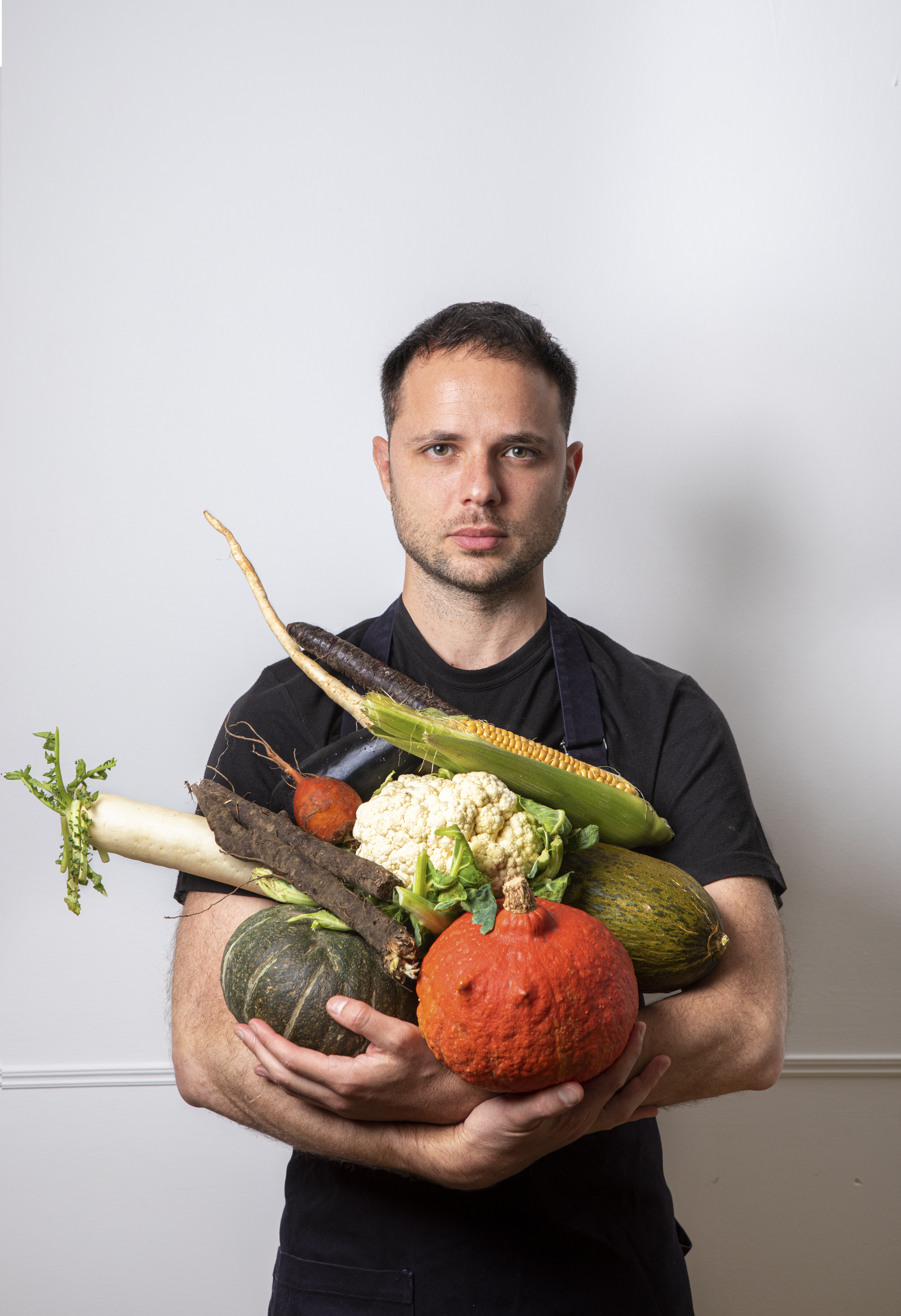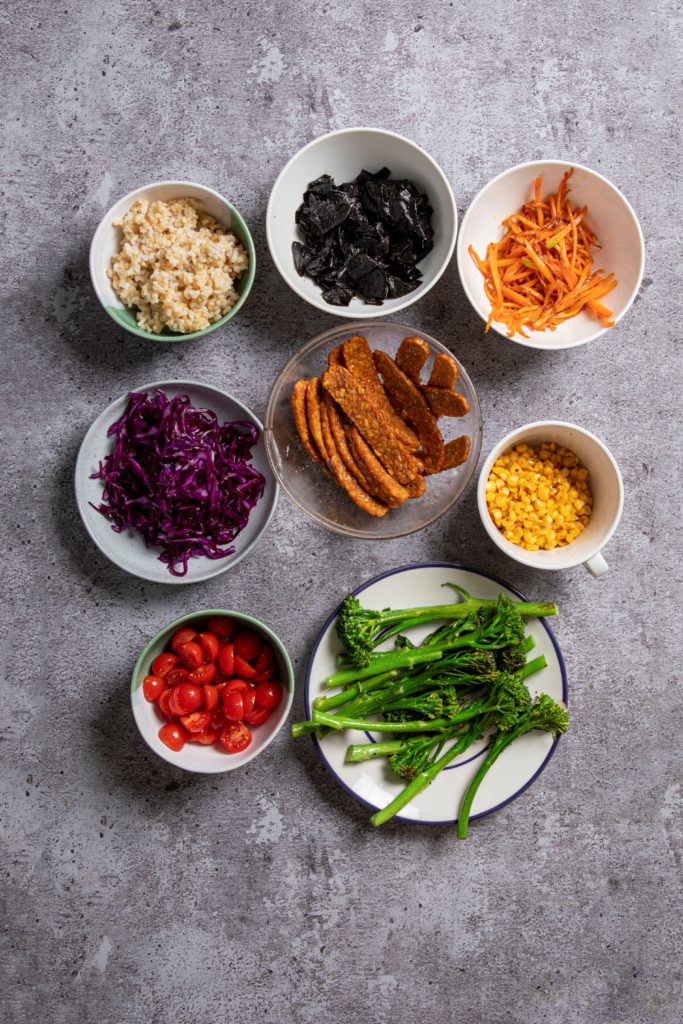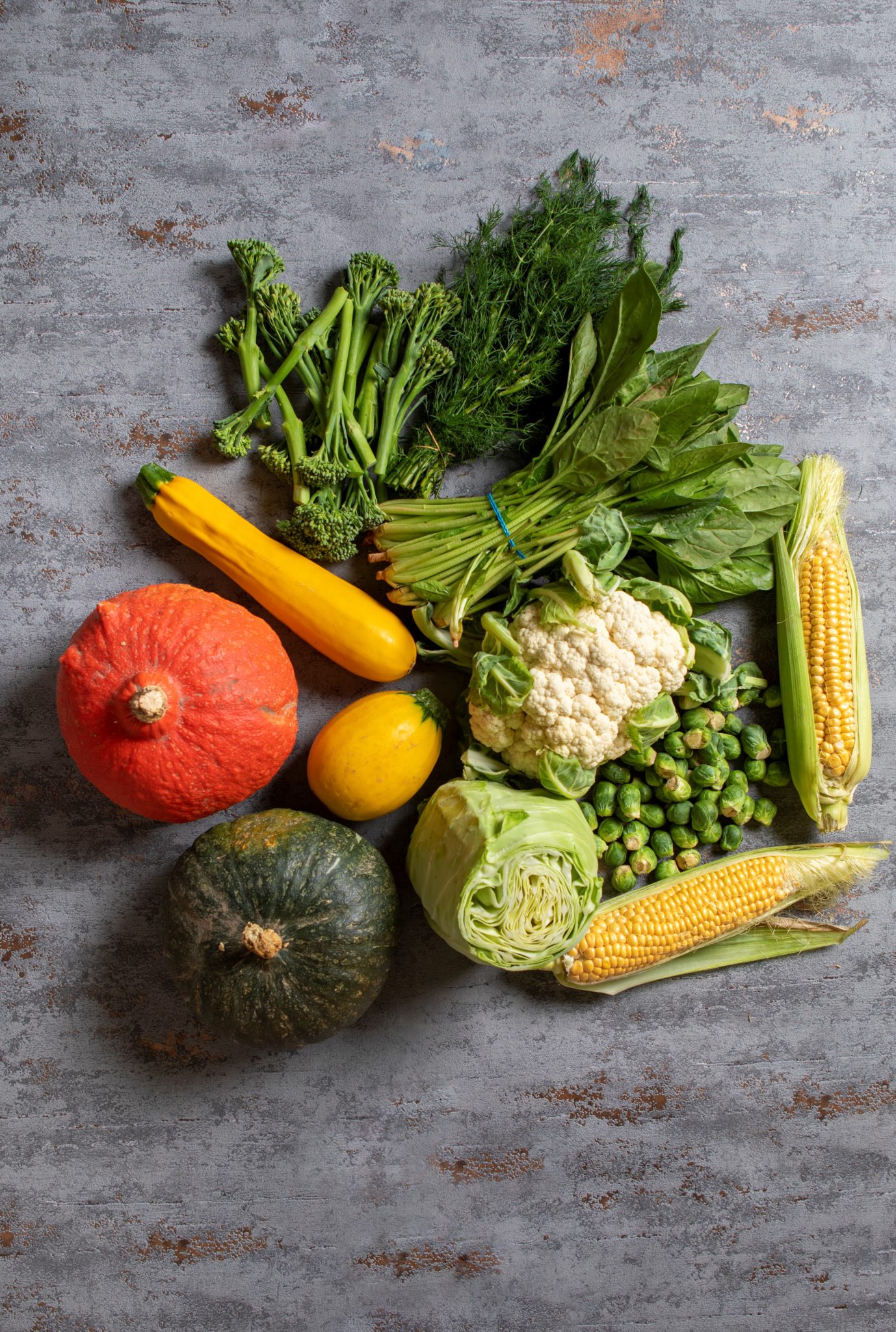I assume that you also agree with me about how transitioning into a plant-based diet can have a positive impact on our health, environment and climate. So how can we encourage more people to undergo this transition? And how can you make this transition more easy for yourself?
There are two factors that are often underlooked:
1. Taste
Yes my friends, tasty cooking! How do you cook plant-based food in an irresistible way? If the food is theoretically healthy and sustainable by the book, but the taste is not satisfying, most people will not come back to it. Food which tastes like a culinary punishment is not a very sustainable idea because sooner or later one is more likely to come back to his/her old food habits. There are so many amazing plant-based recipes you can cook and mostly their taste is superior to that of animal foods. The first step is to create your own repertoire of recipes and to cook them for yourself, your family and your friends. In that way people will associate plant-based cuisine with an indulgent and pleasurable culinary experience and are more likely to come back to it with ease the next time.
2. Nutrition
I see that many people who are making a transition into a plant-based diet are doing so simply by omitting the animal products from their plates and replacing them by vegan meat and vegan dairy. The market nowadays is flooded with highly processed commercial meat and dairy substitutes that are lacking nutrients and are very weakening. Nutritionally speaking, eating these foods results in a very poor diet. If processed foods become one’s main sources of energy one will feel weak sooner or later and will be discouraged to continue with a plant-based lifestyle.
It is so important to learn the healthy nutritional fundament of the plant-based diet. Also, to learn to cook and the different foods in the most digestible way so that the intestines can assimilate all the nutrients from them.
In this respect whole grains, beans and fiber-rich vegetables should be consumed as a main source of energy. Eating in this way makes for strong and energetic bodies and calm and focused minds. If you’ve started to eat plant-based and your general well-being has improved considerably, you are more likely to continue to do so for probably for the rest of your life.
By cooking extremely delicious and nourishing whole plant-based foods we are supporting a quicker and more stable transition into a more sustainable future. That would be a silent revolution, one meal at a time.
What steps are you taking in order to make a transition into a plant-based diet? What things are you missing to make this transition more easy for yourself?

A problem in North Europe and the Western world is that the food pattern from the last centuries is not plant-based, but rather heavily based on animal foods. That is why when making a transition into a plant-based diet, what most people usually do is take away the animal foods and replace them with vegan meat and vegan dairy. This is problematic because, first of all, on a culinary level, the animal food substitutes will never succeed in becoming a convincing alternative. And secondly, on a nutritional level, these foods are very weakening and will always fail to be an alternative as a source of energy.
In practice what will happen to those who base their diets on vegan junk food, potatoes, white rice, white pasta and processed foods is that they will start to feel weak and at a certain point lack strength and vitality.
A crucial step in making a transition into a more sustainable plant-based life style is to eat a daily diet of whole foods that are nourishing and energizing.
In other countries, where local traditional eating habits are still prominent, like Israel, India, Japan and China, the transition into a plant-based diet is easier since whole plant-based foods are still popular there.
What needs to be embraced is the study of traditional cooking and production techniques of whole and plant-based foods. And later on, these recipes and methods need to be translated into local-style dishes with local ingredients and taste-givers.
Miso paste, for example, which is a highly nourishing product, can be prepared from local beans and grains after studying the Japanese traditional preparation technique. The world famous restaurant Noma has experimented a lot with these methods in the last couple of years and has proved that while being locally produced, it can still be very delicious.
What traditional plant-based foods do you know? Which ones would you like to see more on the market?

I was so glad to see last weekend that Yotam Ottolenghi is also acknowledging the importance of transitioning into a plant-based diet. He writes in his Instagram post: “I’ve been reading We Are the Weather by Jonathan Safran Foer, which makes it plainly evident (as if we needed any more evidence) that we all need to #eatdifferently to combat climate change. Eat more vegetables, more grains, more pulses.. and don’t forget to make them delicious!”
So simply said and I couldn’t agree more!

